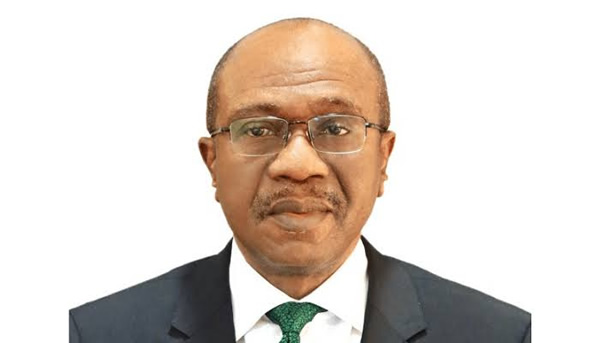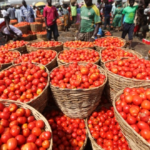
The Governor, Central Bank of Nigeria, Godwin Emefiele, on Tuesday said it conducted an extensive in-house analysis and consultation and saw a need for the policy to redesign some Nigerian banknotes.
While giving reasons for some of the challenges encountered in new naira notes access, he said there was a panic mop-up of notes by politicians.
Emefiele said this during a brief to the diplomatic community on recent monetary policy decisions of the CBN at the Ministry of Foreign Affairs in Abuja.
He said, “Currency management is a key function of the Central Bank of Nigeria, as enshrined in Section 2(b) of the CBN Act 2007. Indeed, the integrity of a local legal tender, the efficiency of its supply, as well as its efficacy in the conduct of monetary policy are some of the hallmarks of a great Central Bank.
“Due to persistent challenges that are inundating currency management in Nigeria and undermining our sovereign integrity, the CBN conducted extensive in house analysis and consultation which suggested the need for a policy to redesign some Nigerian banknotes.”
He added that, “The CBN has also noticed that some politicians are buying the new notes and storing them for political purposes.”
According to him, the principal aim, with the currency redesign initiative, was to make the monetary policy decisions more effective.
He explained, “We have started to see inflation trending downwards and exchange rates relatively stable. Secondly, we aim to increase financial inclusion in the country by reducing the number of the unbanked population.
“Thirdly, our aim is to support the efforts of our security agencies in combating banditry and ransom-taking in Nigeria through this program and we can see that the Military are making good progress in this important task.”
Aside the general benefits of a currency redesign, he said it expected economic gains for Nigeria, including reduction in money supply, lowering inflation, exchange rate stability.
Reasons for queue and pressure, he added, were hoarding¸ tension and elevated agitations, panic queues and incidences of economic opportunism.





